Shannon Dosemagen
Shannon is an environmental health advocate and a community science champion, and is enthusiastic about the potential for free systems and technology to support the creation of a more just and equitable future.
-
+
-
+
Shannon is an environmental health advocate and a community science champion, and is enthusiastic about the potential for free systems and technology to support the creation of a more just and equitable future.
+
Shannon has spent the last twenty years working with environmental and public health groups to address declining freshwater resources, coastal land loss, and building monitoring programs with communities living adjacent to industrial facilities. During 2020, she will be a Fellow with the Shuttleworth Foundation, working on new concept called the Open Environmental Data Project. Shannon is co-founder and current executive director of Public Lab, an organizer of the Gathering for Open Science Hardware, and previous chair of both the US EPA National Advisory Council on Environmental Policy and Technology, and the Citizen Science Association. She is an Ashoka Fellow, and a senior Fellow of the Environmental Leadership Program. She is a previous Fellow at both the Harvard Berkman Klein Center for Internet and Society, and Loyola University Environmental Communications Institute. Follow her on Twitter @sdosemagen for the latest.
+
Shannon has spent the last twenty years working with environmental and public health groups to address declining freshwater resources, coastal land loss, and building monitoring programs with communities living adjacent to industrial facilities. During 2020, she will be a Fellow with the Shuttleworth Foundation, working on new concept called the Open Environmental Data Project. Shannon is co-founder and current executive director of Public Lab, an organizer of the Gathering for Open Science Hardware, and previous chair of both the US EPA National Advisory Council on Environmental Policy and Technology, and the Citizen Science Association. She is an Ashoka Fellow, and a senior Fellow of the Environmental Leadership Program. She is a previous Fellow at both the Harvard Berkman Klein Center for Internet and Society, and Loyola University Environmental Communications Institute. Follow her on Twitter @sdosemagen for the latest.

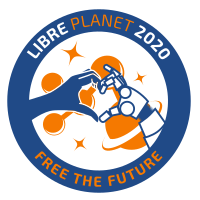 -
-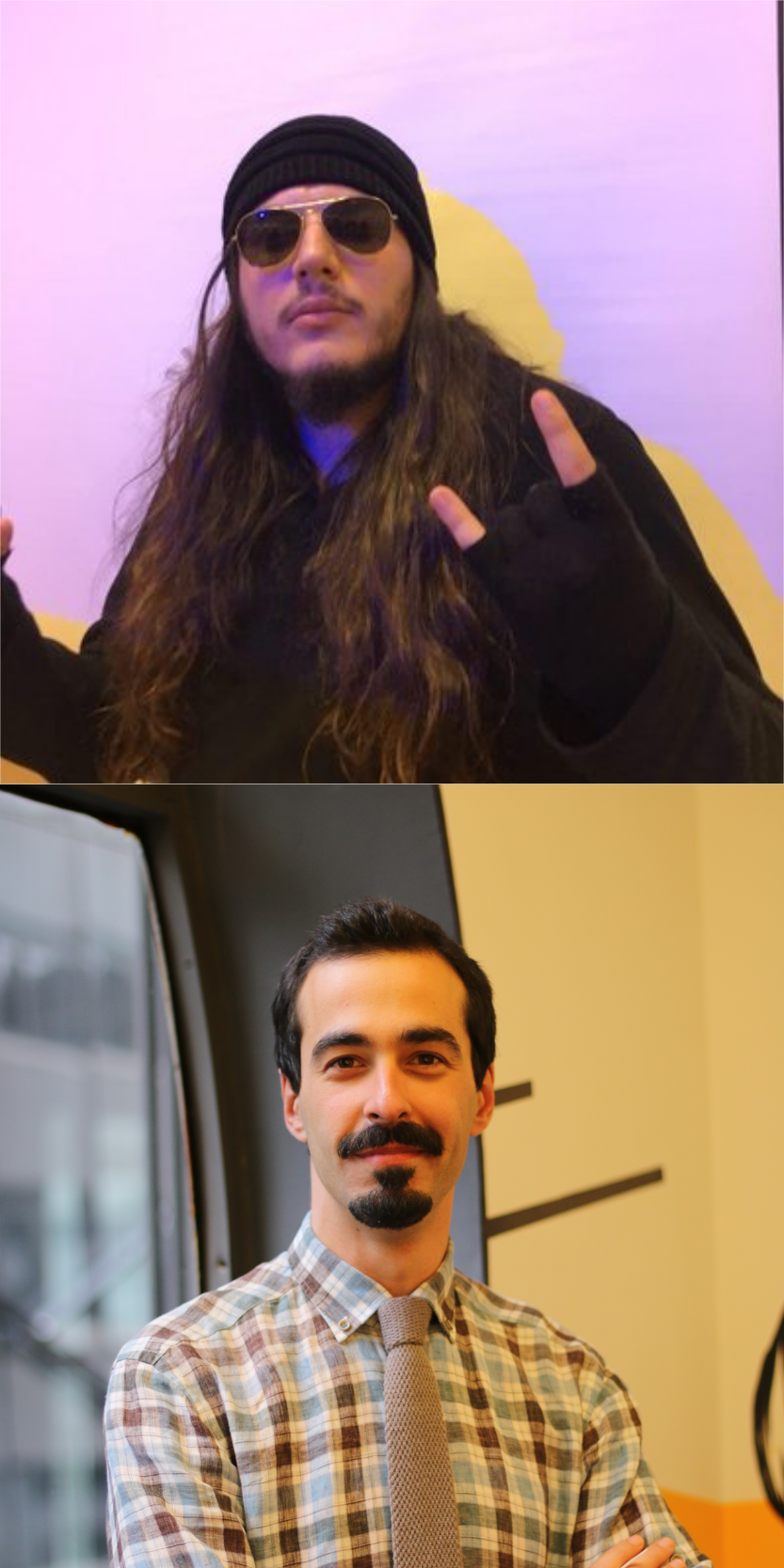
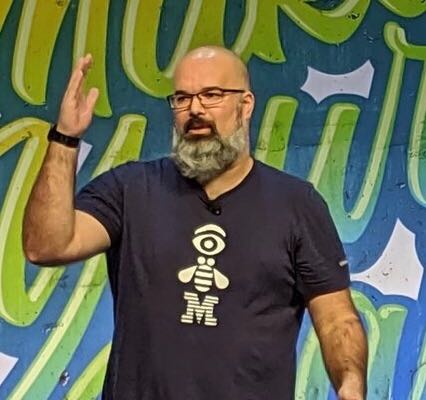
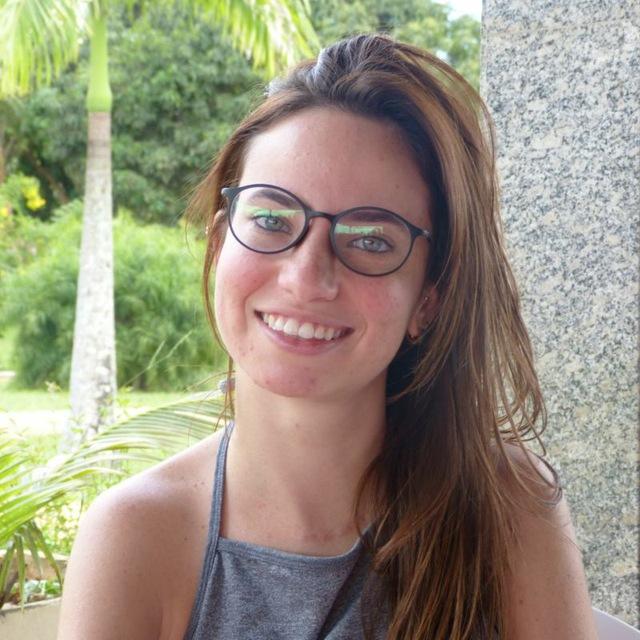
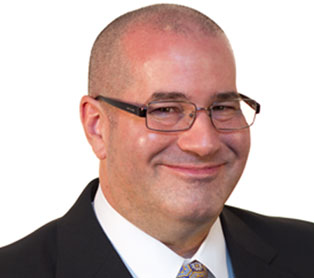 -
-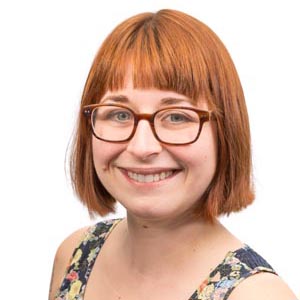
 -
-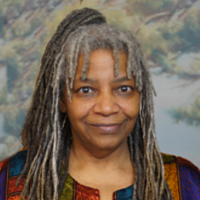
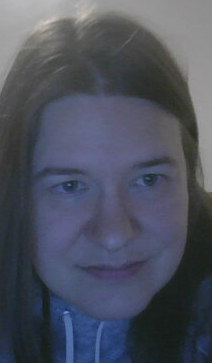
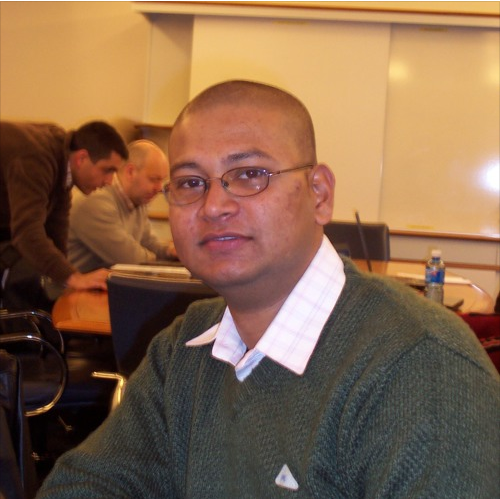
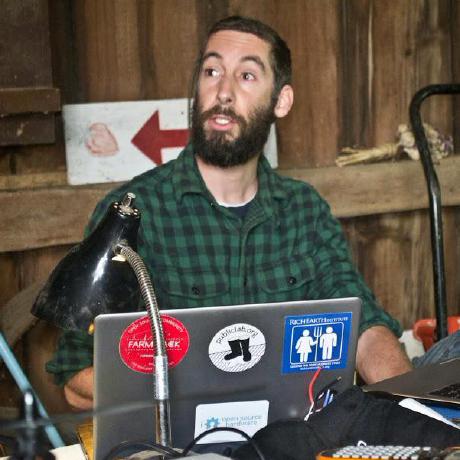
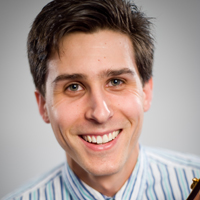
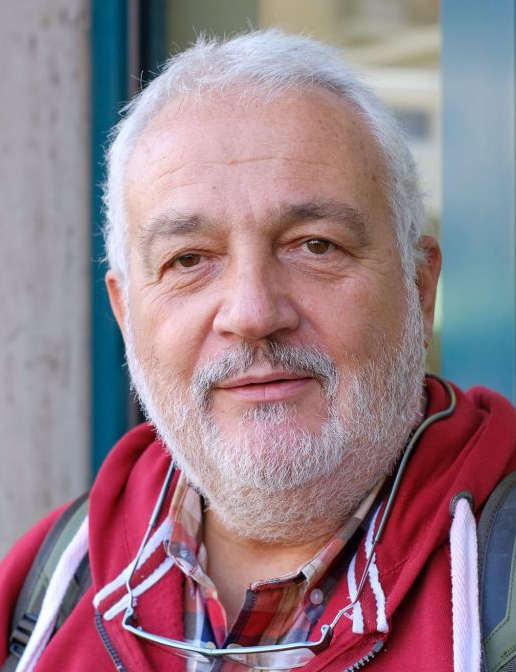
 -
-